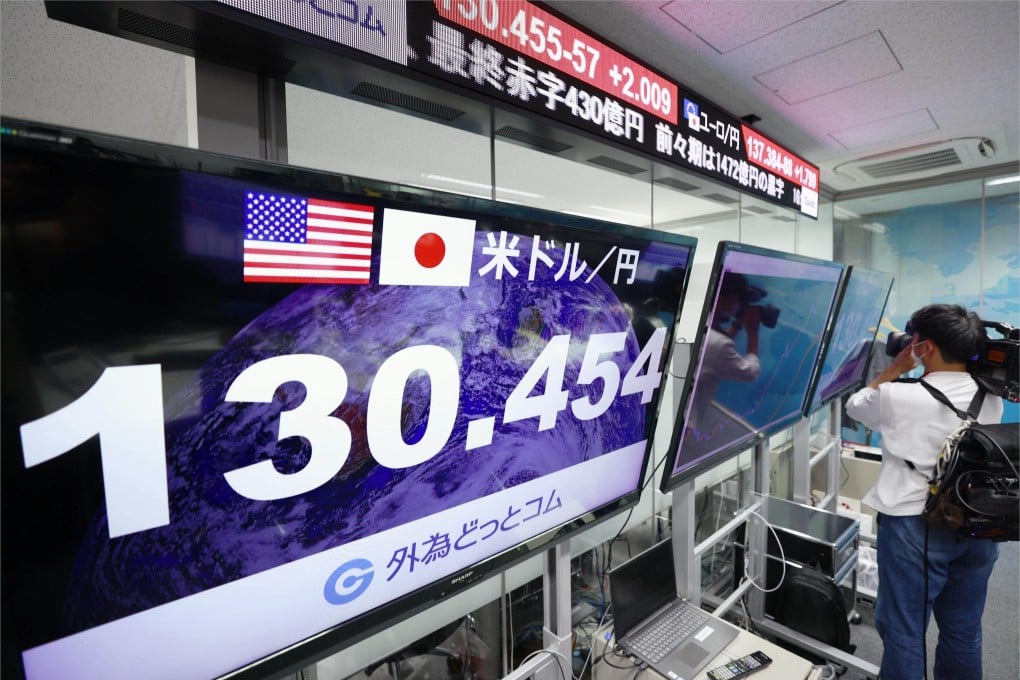Advertisement
Chinese investors cash in on Japan’s weak yen, from collectable toys to sight-unseen properties
- Some middle-class and wealthy Chinese are scooping up flats in major cities such as Tokyo, with an eye on immigrating in the future
- Attractiveness of Japanese assets sees a corresponding rise with the diminishing value of the yen, which recently hit a 20-year low against the US dollar
Reading Time:4 minutes
Why you can trust SCMP

A wave of interest in investing in Japanese assets is building among China’s affluent middle class, driven by the weakness of the Japanese yen this year and concerns over strict coronavirus controls in China.
The Japanese yen has weakened considerably against the Chinese yuan this year and hit its weakest level against the US dollar at the end of April.
There have been many inquiries recently from Asian investors, including in Hong Kong, Singapore and mainland China, said Kin En, who runs a property agency in Tokyo.
Advertisement
Most of the inquiries are from Chinese investors who want to buy urban properties in Japan at the currently weak yen level, for future immigration purposes, she said.
Chinese wealthy individuals are not necessarily rushing to invest in properties in the West as they did in the past
“Most of them are concerned about China’s increasingly stringent Covid-control measures. The lockdown in Shanghai has made them anxious about the risks of losing security, personal freedom, careers and dignity overnight,” Kin said.
Advertisement
Advertisement
Select Voice
Select Speed
1.00x